Scientists have prototyped a new method for 'rationally engineering' enzymes to deliver improved performance.
Trinity College DublinJun 20 2024 Scientists have prototyped a new method for "rationally engineering" enzymes to deliver improved performance. They have devised an algorithm, which takes into account an enzyme's evolutionary history, to flag where mutations could be introduced with a high likelihood of delivering functional improvements.
With one of 20 amino acid 'beads' possible at each position, there is enormous sequence diversity possible in nature. Upon formation of their 3D shape, enzymes carry out a specific function such as digesting our dietary proteins, converting chemical energy into force in our muscles, and destroying bacteria or viruses that invade cells.
"At the heart of this new algorithm is a scoring function that exploits thousands of sequences of beta-lactamase from many diverse organisms. Instead of a few random changes, up to 84 mutations over a sequence of 280 were generated to enhance functional performance," said Dr. Amir Khan, Associate Professor in Trinity College Dublin's School of Biochemistry and Immunology, one of the co-authors of the research.
Drugs Enzyme Food Food Production
United Kingdom Latest News, United Kingdom Headlines
Similar News:You can also read news stories similar to this one that we have collected from other news sources.
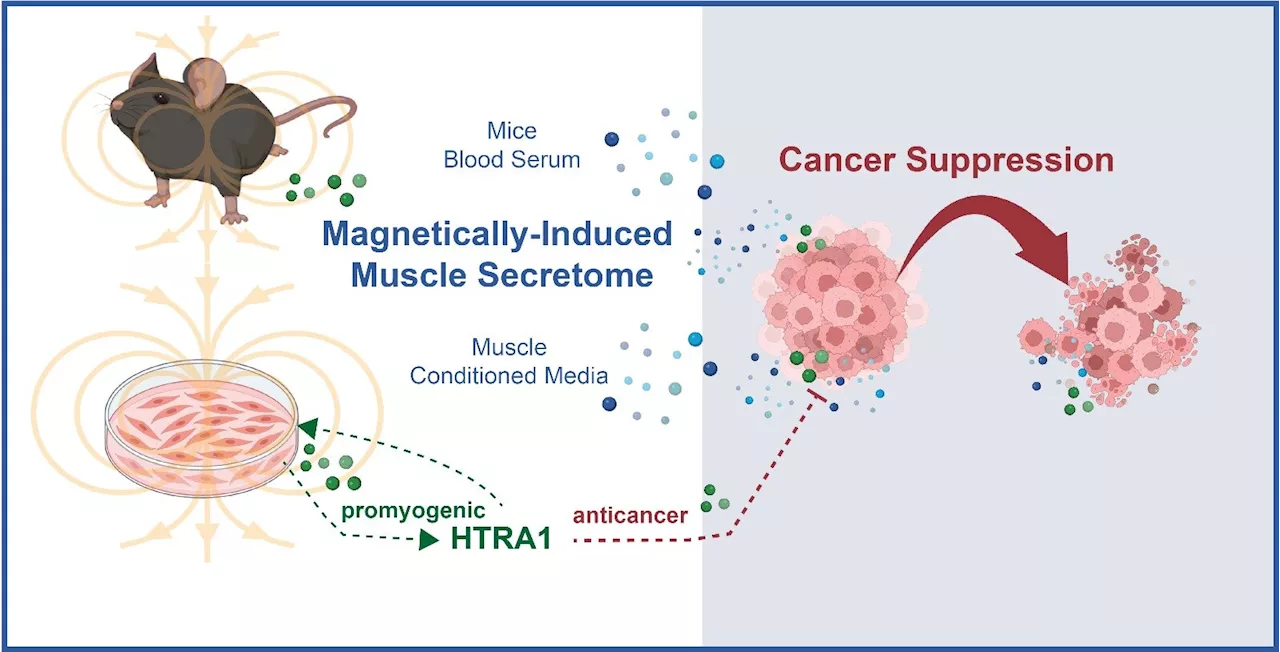 Scientists discover a novel way of activating muscle cells' natural defenses against cancer using magnetic pulsesA team of researchers led by Associate Professor Alfredo Franco-Obregón from the NUS Institute for Health Innovation & Technology (iHealthtech) has unveiled a novel approach to stimulate muscle, by way of using brief and mild pulsed electromagnetic field exposure, to produce and release proteins possessing anticancer properties.
Scientists discover a novel way of activating muscle cells' natural defenses against cancer using magnetic pulsesA team of researchers led by Associate Professor Alfredo Franco-Obregón from the NUS Institute for Health Innovation & Technology (iHealthtech) has unveiled a novel approach to stimulate muscle, by way of using brief and mild pulsed electromagnetic field exposure, to produce and release proteins possessing anticancer properties.
Read more »
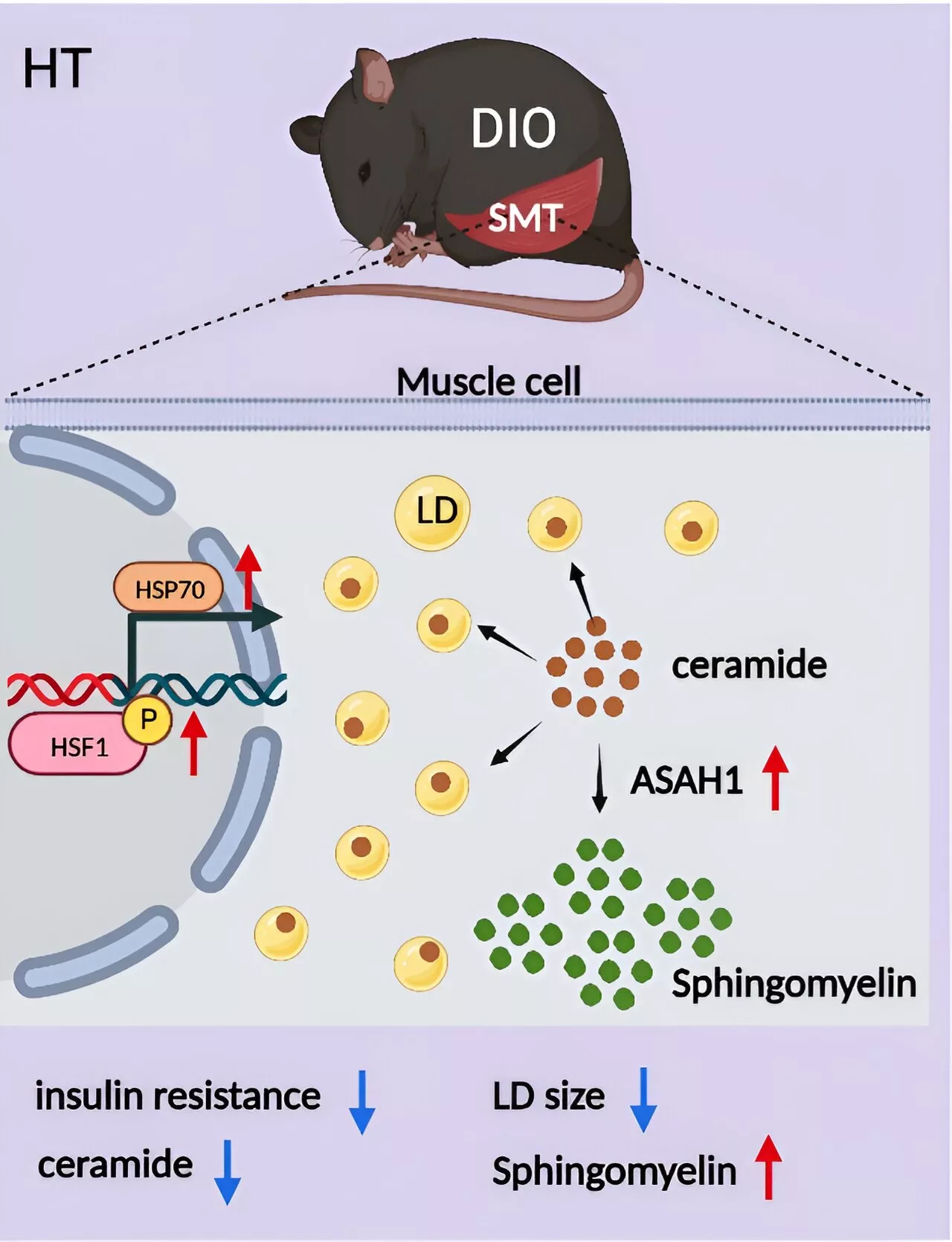 Scientists provide novel insights into the effects of high temperature on nutritional obesityIn contemporary society, obesity has emerged as a worldwide chronic metabolic disorder, imposing substantial burdens on both individual health and health care systems. The insulin resistance that accompanies obesity poses a serious threat to human health.
Scientists provide novel insights into the effects of high temperature on nutritional obesityIn contemporary society, obesity has emerged as a worldwide chronic metabolic disorder, imposing substantial burdens on both individual health and health care systems. The insulin resistance that accompanies obesity poses a serious threat to human health.
Read more »
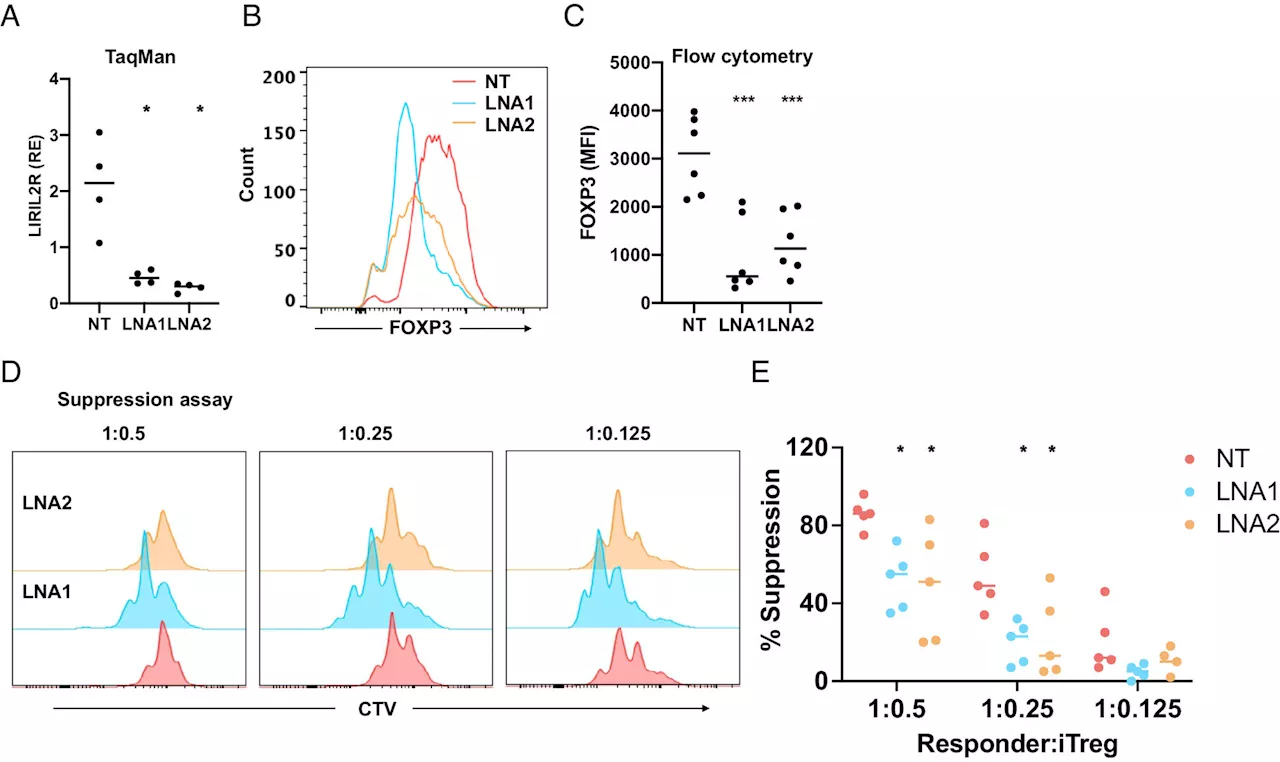 Scientists discover a novel modulator of human regulatory T cellsThe research group of Professor Riitta Lahesmaa have discovered a novel modulator for human regulatory T cells. This novel regulator can strengthen or dampen immune response and provides a new basis for therapeutic approaches for immune mediated diseases.
Scientists discover a novel modulator of human regulatory T cellsThe research group of Professor Riitta Lahesmaa have discovered a novel modulator for human regulatory T cells. This novel regulator can strengthen or dampen immune response and provides a new basis for therapeutic approaches for immune mediated diseases.
Read more »
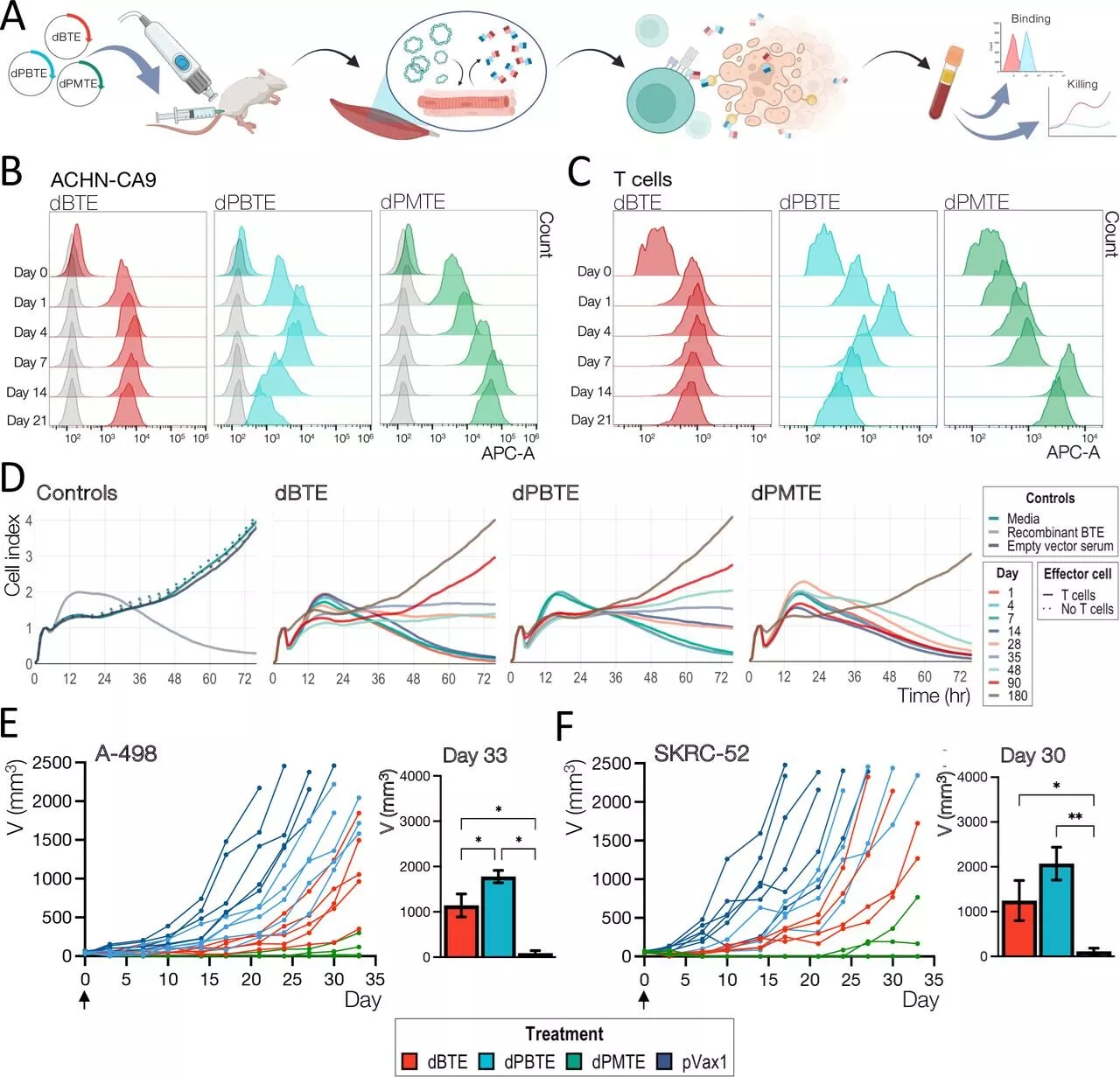 Scientists develop novel antibody treatment for kidney cancerAdvanced clear cell renal cell carcinoma (ccRCC) is a deadly form of kidney cancer with few treatment options; even with new immunotherapies, only around one in 10 patients ultimately survive.
Scientists develop novel antibody treatment for kidney cancerAdvanced clear cell renal cell carcinoma (ccRCC) is a deadly form of kidney cancer with few treatment options; even with new immunotherapies, only around one in 10 patients ultimately survive.
Read more »
 Immune response study explains why some people don't get COVID-19Scientists have discovered novel immune responses that help explain how some individuals avoid getting COVID-19.
Immune response study explains why some people don't get COVID-19Scientists have discovered novel immune responses that help explain how some individuals avoid getting COVID-19.
Read more »
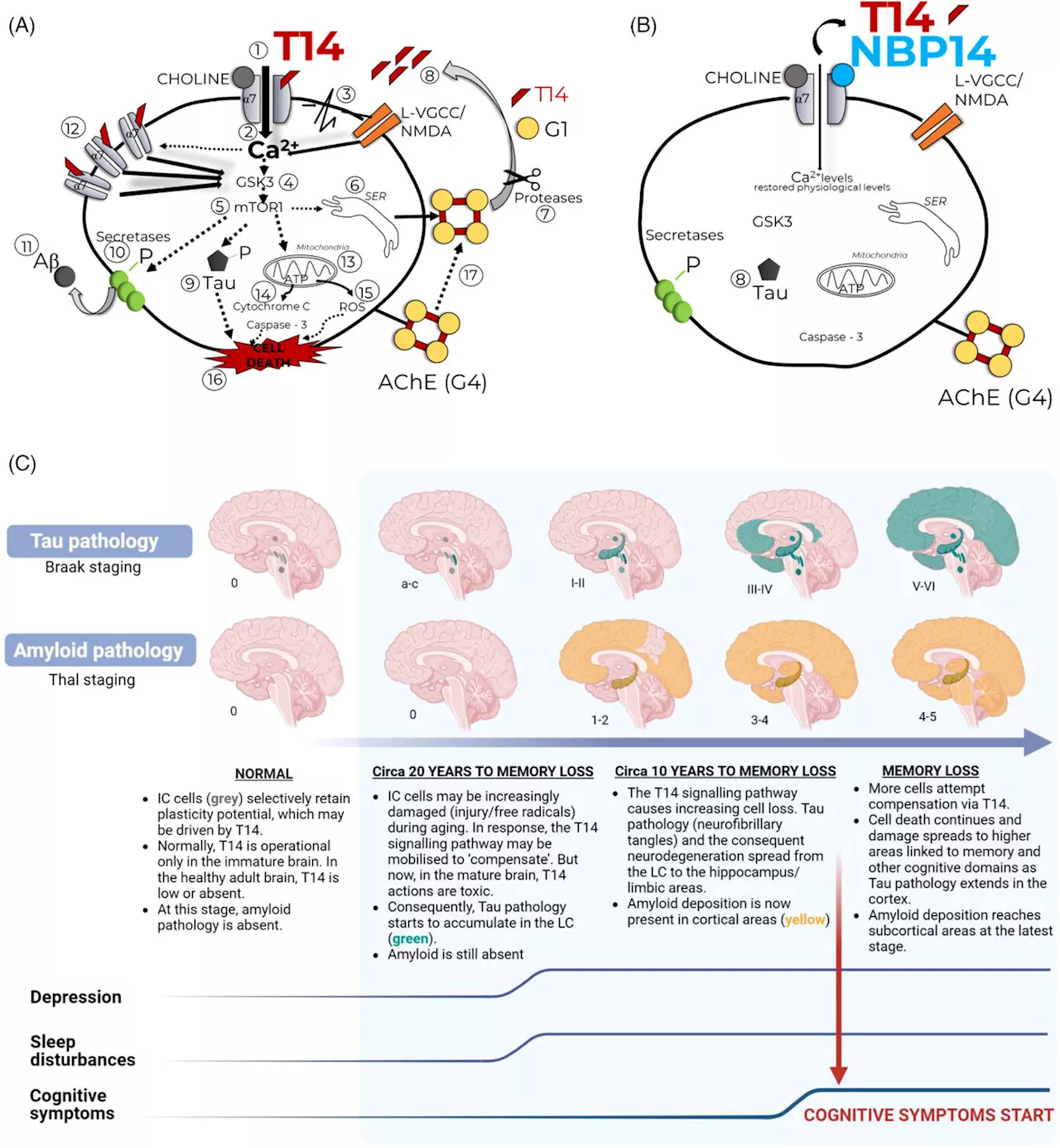 Researchers examine evidence for a novel neuronal mechanism driving Alzheimer's diseaseAn international team of clinicians and neuroscientists have published a new perspective on the process of neurodegeneration. Their findings review evidence for a mechanism upstream of amyloid including the key neurochemical driving this process.
Researchers examine evidence for a novel neuronal mechanism driving Alzheimer's diseaseAn international team of clinicians and neuroscientists have published a new perspective on the process of neurodegeneration. Their findings review evidence for a mechanism upstream of amyloid including the key neurochemical driving this process.
Read more »
